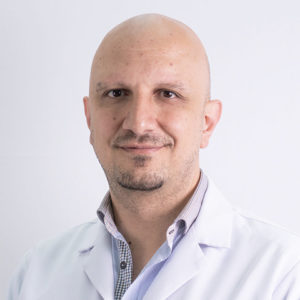
Qualified sexologists have a background in medicine, psychology, or counselling, along with additional training in human sexuality. Certifications, clinical experience, and specialized education equip them to address various physical and emotional aspects of sexual health. Here is a breakdown of the qualifications that a sexologist should have:
Medical or psychological background:
A qualified sexologist Dubai typically has a background in medicine, psychology, or counselling. Many professionals start their careers as doctors, psychologists, psychiatrists, or therapists before specialising in sexual health. This foundational knowledge ensures they can diagnose and treat both physical and psychological aspects of sexual concerns.
Specialized training in sexual health:
Sexologists undergo additional training focused on human sexuality, relationships, and therapy techniques. This may include courses on sexual dysfunction, intimacy issues, reproductive health, and gender identity. Accredited institutions and professional organizations often offer certification programs to improve expertise in this field.
Certification and licenses:
A professional sexologist should hold relevant certifications and licences from recognised medical or psychological boards. Certification from organizations like the American Association of Sexuality Educators, Counselors, and Therapists (AASECT) or similar institutions in other countries indicates that the specialist has met rigorous professional standards.
Experience in counselling and therapy:
Effective communication is essential in sexual health consultations. A skilled sexologist should have experience in counselling individuals and couples, helping them steer sensitive topics with empathy and understanding. Training in cognitive-behavioural therapy (CBT) or sex therapy techniques is beneficial for addressing emotional and psychological concerns.
Ethical and confidential approach:
Since sexual health is a personal and sensitive matter, a qualified sexologist follows strict ethical guidelines. Maintaining confidentiality, providing non-judgmental support and ensuring a safe space for open discussions are important aspects of professional practice. Patients should feel comfortable discussing their concerns without fear of stigma or misinformation.
Continuous education and research:
The field of sexual health is constantly evolving, with new research and treatment methods emerging regularly. A dedicated sexologist stays updated with the latest developments, attends conferences, and participates in continued education to provide the best care possible. Choosing a well-qualified sexologist ensures reliable guidance, accurate diagnosis, and effective treatment for sexual health concerns.